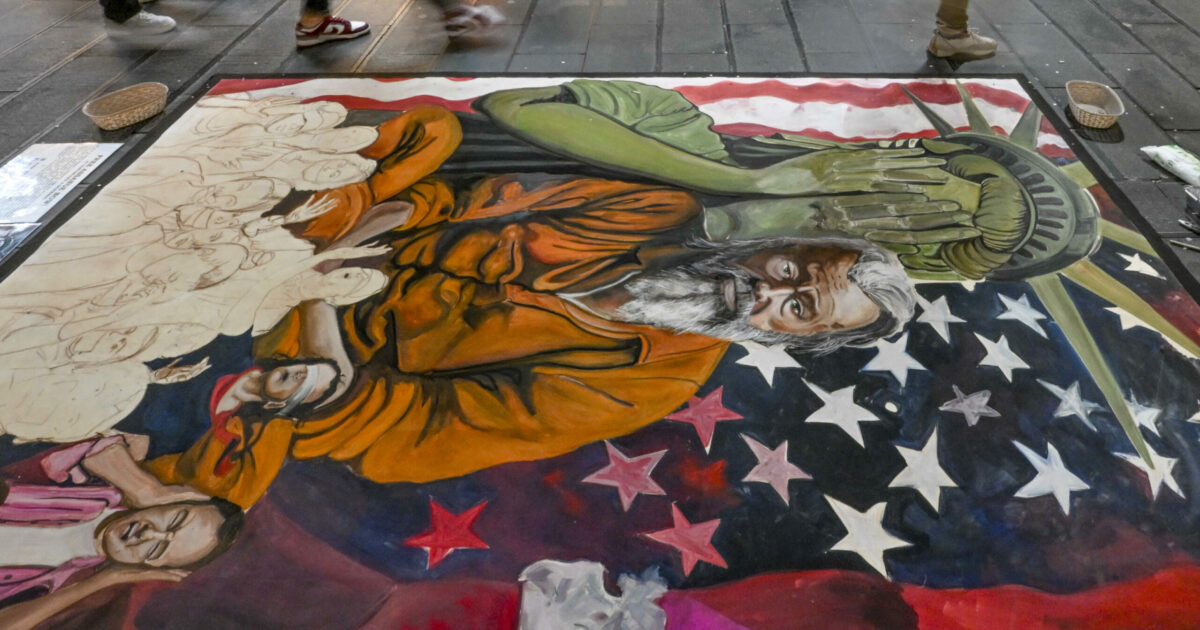It could be the last hearing on British soil. On the 20th and 21st of February, the British High Court will hear the WikiLeaks founder’s appeal against his extradition to the United States, where he risks 175 years in a maximum-security prison. The British High Court has already ruled twice in favour of his extradition, and if it confirms this, Assange will have only one chance left: appealing to the European Court of Human Rights, provided the United Kingdom does not extradite him before he can obtain protective measures from the European Court of Human Rights.
READ IN ITALIAN – “Non estradate Assange”. La relatrice Onu è con lui
In 2019, the Trump Administration charged the WikiLeaks founder with alleged violations of a 1917 law, the so-called Espionage Act, for receiving and publishing 700,000 U.S. classified documents which allowed revealing, among other things, the commission of war crimes and torture, from Afghanistan to Iraq to Guantanamo. It is the first time in United States history that a journalist has been brought to trial under the Espionage Act, which makes no distinction between traitors who pass secret documents to the enemy to harm their nation, and journalists who reveal them to the public to expose extremely serious State crimes which the public has the right to know.
At the first instance level, extradition had been denied by British judge Vanessa Baraitser, citing the risk that Assange might commit suicide, given his physical and mental conditions, and given his presumed detention conditions in the United States both before and after trial. On appeal, in an effort to obtain his extradition, the United States offered “diplomatic assurances” that he would not be incarcerated in the most extreme U.S. prison, ADX Florence, which according to one its former wardens is “far worse than death”, and that he would not be subjected to the harshest detention regime, SAM, a regime even harsher than the Italian 41 bis.
In December 2021, when the British High Court issued its first sentence, it stressed that “there is no basis for assuming that the USA has not given the assurances in good faith.” Assange’s defence arguments, including testimony from protected witnesses and journalistic investigations revealing that in 2017, the CIA – then headed by Mike Pompeo – had planned to kill or kidnap Julian Assange, were to no avail. The CIA’s alleged plans and actions are currently at the center of a criminal investigation by the Spanish judicial authority, an investigation conducted by judge Santiago Pedraz of the Audiencia Nacional, as well as the object of a civil action at the Southern District of New York.
All major human rights and freedom of the press organizations, from Amnesty International to Reporters Sans Frontières, have called on U.S. authorities not to extradite him. Moreover, Amnesty considers U.S. diplomatic assurances “intrinsically unreliable”.
Last week the UN Special Rapporteur on Torture, Alice Jill Edwards, took a public position on the case, after the previous UN Special Rapporteur, Nils Melzer, had also done so, based on his in-depth investigation. Talking to Il Fatto Quotidiano, Alice Jill Edwards said: “I think there is a right of governments to maintain certain levels of confidentiality, either for diplomatic cables, or intelligence, military”. However, she adds: “it is important that that does not extend to the disclosure of war crimes, or crimes against humanity, or mass human rights violations,
which would then be essentially a cover-up. So there are limits. Even if you take a more conservative approach to press freedom like perhaps I do, there nonetheless need to be protections for people for acts that actually expose violations”.
Edwards also expressed to our newspaper her skepticism on “diplomatic assurances”: “these diplomatic assurances originally arose out of all the death penalty cases, when the United States would promise not to send someone to the death penalty. Obviously we can see whether someone is put to death or not, that is on the public record, you can’t hide that”, she says, whereas in the case of other kinds of assurances, “the monitoring of that is going to be complicated”. So you’re calling on the UK authorities not to extradite him at all? Il Fatto Quotidiano asks her. “Yes, precisely“, UN Special Rapporteur Edwards replies.
PEN International, which protects and supports writers at risk, has also come out in support of Julian Assange: “The US authorities should drop the charges against Assange and withdraw their extradition request”, PEN International’s campaign manager, Sabrina Tucci, tells Il Fatto Quotidiano, adding: “Espionage laws should not be used against journalists or publishers for disclosing information of public interest”.

